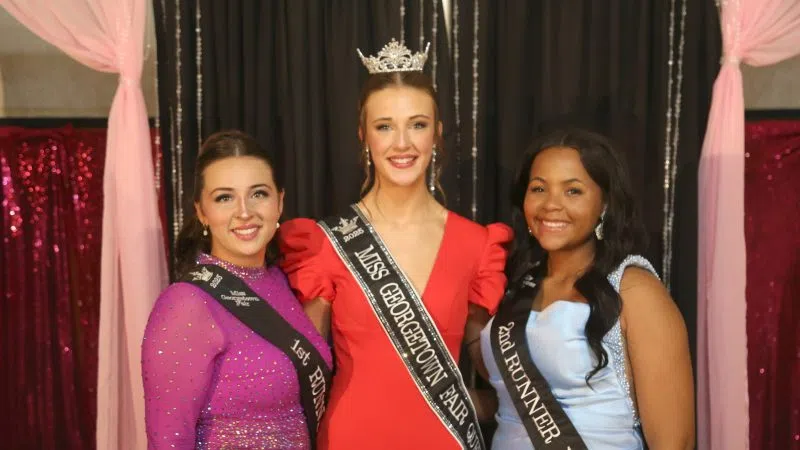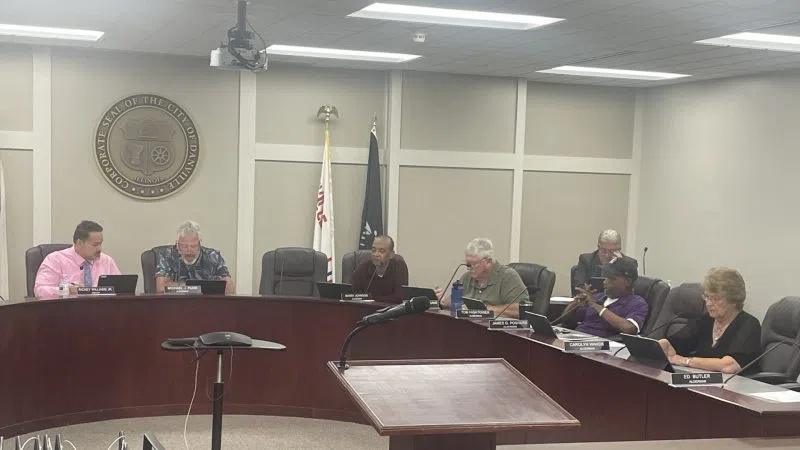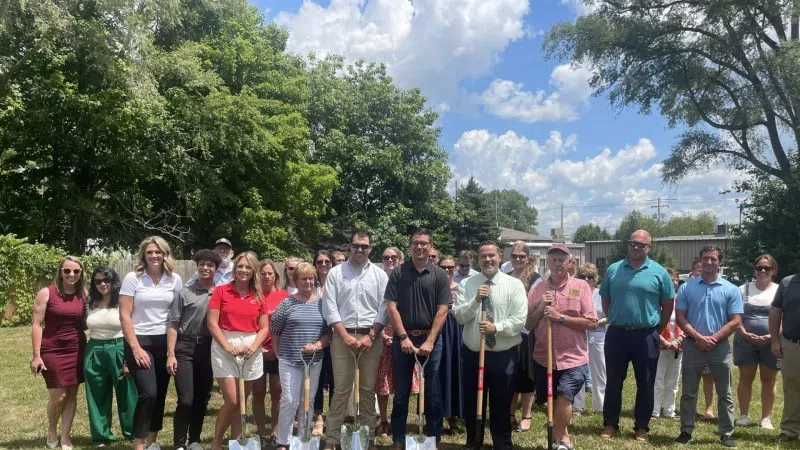Emma Watson is opening up about her thoughts on sex and relationships in a starkly honest conversation with Valerie Hudson for Teen Vogue.
The 29-year-old talked communication and consent: “A lot of the healthiest relationships I’ve seen have been between same-sex couples because, I think, they have to sit down and agree on things. They agree on things between them as opposed to accepting certain sets of assumptions and expectations that are made.”
Speaking of consent: “I’ve also kind of become slightly fascinated by kink culture because they are the best communicators ever. They know all about consent. They smash that stuff because they really have to get it — but we could all use those models; they’re actually really helpful models.”
Watson added that relationships that “don’t necessarily follow traditional models do require more communication and consent. It requires an actual conversation and agreement about the delegation of tasks and labor and responsibilities that maybe you don’t feel that you need to have or should have if you follow those traditional stereotypes. The idea that relationships are supposed to be easy and it’s all supposed to be implicitly understood, and you’re just meant to get each other, it’s bulls**t! It’s impossible!”
She also addressed the backlash she got after describing herself as “self-partnered.”
Watson said: “I did an interview with Vogue magazine a couple of months ago, and I talked about how, in the run up to my 30s, I felt this incredible, sudden anxiety and pressure that I had to be married or have a baby or moving into a house. And there was no word for this kind of subliminal messaging and anxiety and pressure that I felt building up, but I couldn’t really name, and so I used the word 'self-partnered.'”
She added: “For me it wasn’t so much about coining a word; it was more that I needed to create a definition for something that I didn’t feel there was language for. And it was really interesting because it really riled some people up! It was less for me about the word but more about what it meant — just this idea that we need to reclaim language and space in order to express ourselves because sometimes it’s really not there.”










